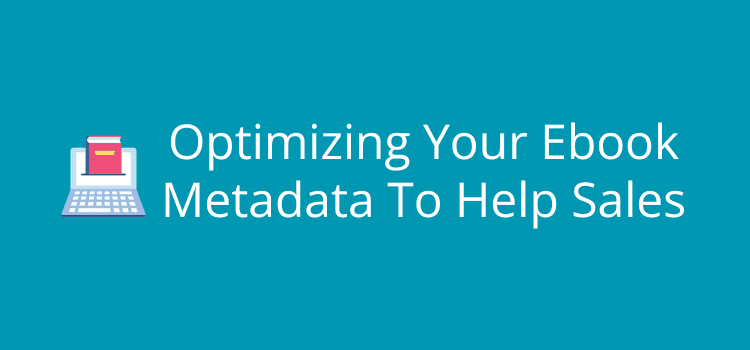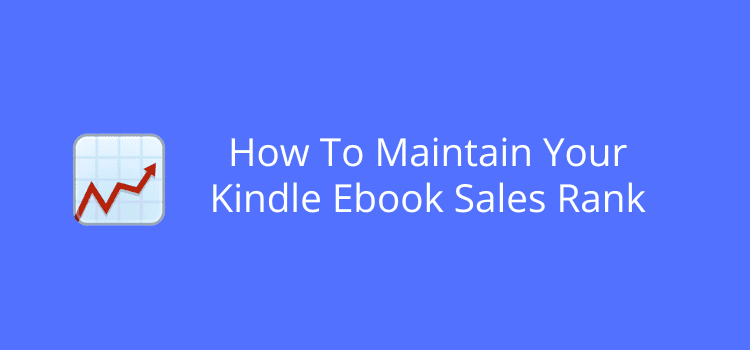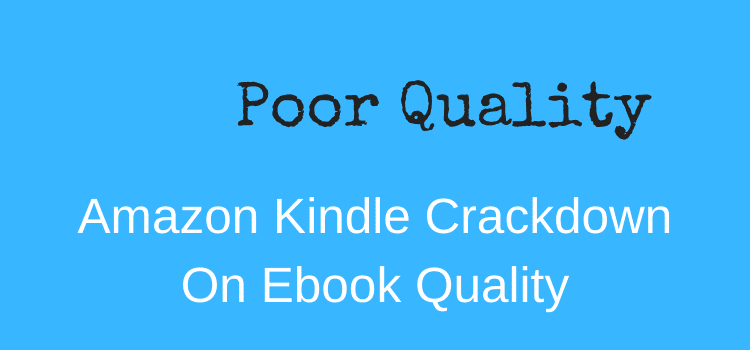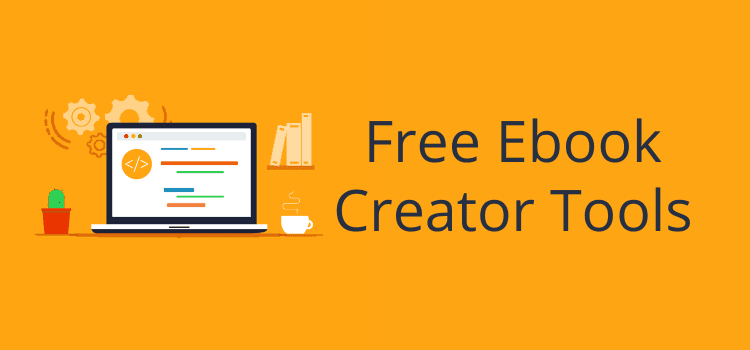
One of the best ways to help sell your new ebook is to optimize your ebook metadata. If you do it right, it will help readers find it in a crowded market.
Metadata might sound technical, but it’s not. All it entails is improving the text details about your ebook so it can appear in user searches on Amazon, Kindle Unlimited, or elsewhere.
The best time to do this is before you publish your new title. That way, you give it the best chance of being discovered by readers. However, you can always tweak the details after you publish.
It is one of the easiest and most effective, although often overlooked, ways to promote a book. Best of all, it costs you nothing.
Understanding ebook metadata
Metadata is the information about your ebook that can help with online discovery.
You can look at it as a business card for your ebook. It contains the essential details that tell ebook stores and readers what your book is about.
Basic book metadata includes your ebook title, subtitle (optional), your author name, description, keywords, categories, and ISBN or ASIN.
Without a doubt, your title is one of the most important pieces of metadata. You want it to be unique, memorable, and searchable.
A subtitle can help provide additional context, highlight a benefit, or include keywords that will help readers discover your ebook.
Your book description is a bit like a sales pitch. A well-crafted text should try to convince readers to consider buying it.
Keywords are search terms that readers might use when looking for a new book to read. Importantly, they are short phrases, not one word.
Categories (genres) tell bookstores where to place your ebook. Readers can then find your book if they scroll through a favorite category.
Even some minor details, like series info, reading age, or contributors, are part of your book’s metadata and can help with discoverability a little.
Optimizing your ebook metadata means getting all these details correct, and then improving them where possible to give your new ebook a much better chance of success.
How to optimize your ebook metadata
You have probably decided on your ebook title. But if you haven’t published yet, you should check that your title is unique. The last thing you want is to be competing against the same titles as your ebook.
It needs to be clear, descriptive, and memorable. It should tell readers instantly what your book is about.
If you can include a keyword that readers might use when searching for a book, it can be a real bonus.
One element many new authors overlook is a subtitle.
A subtitle can help give extra information. More importantly, you can include extra keywords that will help readers find your book.
Your book description should never be a quick afterthought at the moment you publish.
You need to write it so it will grab a potential book buyer’s attention in the first couple of lines. Crafting a book description is not an easy task, so always prepare it, or even optional versions, well before you intend to publish your ebook.
Choosing your seven search keywords is one of the most critical elements in your metadata.
You need to think like a reader. What words or phrases do you think people might type when they are looking for a new book such as yours?
If you need help in choosing your keywords, you can follow our how-to guide for selecting keywords.
Categories are equally important because your selection tells ebook stores where to display your ebook.
You can pick three categories with Amazon KDP, but sometimes more on other platforms. Your choices must match your book’s genre and subject.
You might also consider niche categories, as they are where your ebook has the best chance to stand out.
One last point to keep in mind is that optimizing your metadata isn’t a one-time event. You can and really should look at your metadata again after your book launch. You can then fine-tune it for improvements.
Advanced tips for metadata optimization
Once you’ve got the basics right, you can always add or improve elements to enhance your ebook metadata.
However, using your KDP dashboard, you can only add or edit the basic metadata for your book.
One big tip many new authors miss is using Author Central to add more metadata and extra information to their Amazon sales page.
Note, though, that you can only use it after your ebook is published.
With it, you can add your author bio, editorial reviews, back cover, and inside flap information.
All of this extra information helps more readers discover your ebook.
Updating and adding extra metadata after a book launch is a task that many authors forget about doing.
But it’s an ongoing opportunity to fine-tune or even experiment with parts of your ebook’s information and metadata.
If you find that some of your search keywords are not bringing in the best results, you can change them.
You can also check your category selections and change one or two to see if they work better.
Here’s a big metadata tip.
If you plan to self-publish a print version of your ebook, it comes with a lot of extra benefits because you can then modify, adjust, or expand your ebook’s metadata.
Publishing a print edition effectively gives you a second book entry, so you can extend your metadata with seven more keywords or new categories.
Tools and resources to help you
You can do a lot of your research by using the Amazon search bar to check and research your keyword ideas.
However, you have more choices to help optimize your ebook keyword metadata and to increase your ebook discoverability.
Ahrefs Amazon Keyword Tool (Free)
KTD Amazon Keyword Tool (Free)
Keyword Tool (Free)
Publisher Rocket (Premium)
One handy tip is to set up a spreadsheet to record all your keyword and category research.
You can use it to keep track of all your live metadata information, as well as new versions you could use.
At least that way, if you make changes that don’t work, you can revert to your previous versions or keywords.
Conclusion
Optimizing your ebook metadata is one of the easiest and most effective ways of helping readers find your new ebook.
Even minor changes to your book description, keywords, or categories can make a big difference.
Yet always remember that your metadata isn’t set and forget. You should keep a careful eye on it after you publish and keep improving your ebook’s visibility.
And if you are planning on publishing a new ebook soon, make sure you have all your metadata optimized and ready before you publish. It can and will make all the difference.
Related Reading: How To Avoid Ebook Text Justification Errors And Traps
Share This Article


